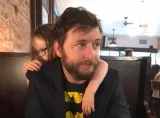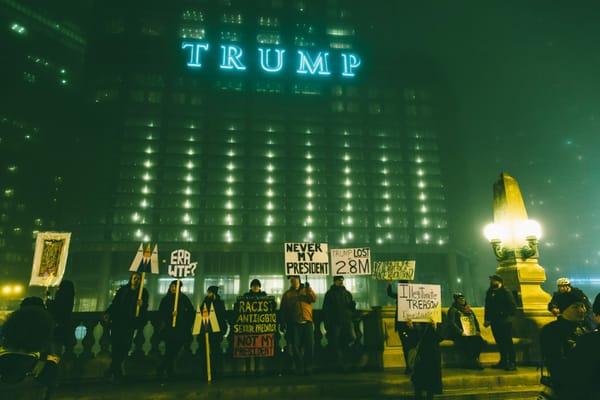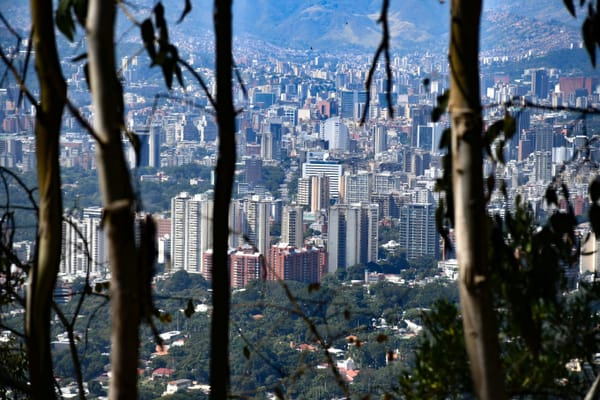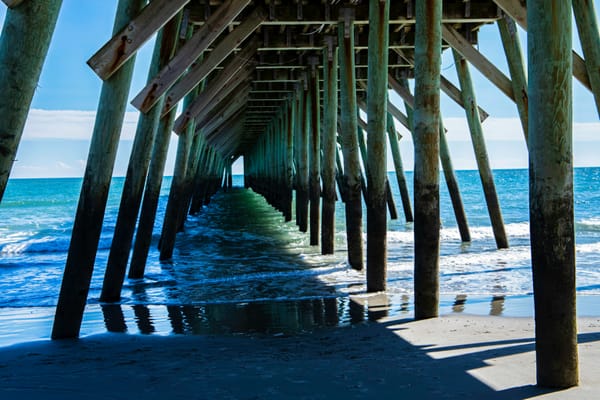Gutting PBS and NPR is a big deal in the South
Instead of defusing the "liberal media," this is going to prevent good information from reaching the places that many Republicans represent in Congress.
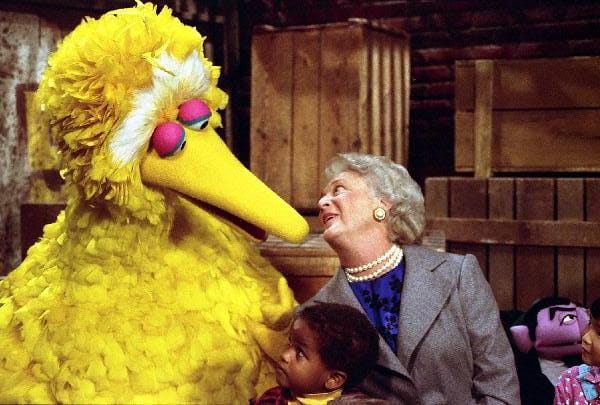
In the wee hours of the morning Thursday, the US Senate approved a plan that could end public broadcasting in the rural South.
What's the deal?
The Senate approved a plan from President Trump that, among other things, pulls back about $9 billion in funds. The money would have ultimately gone to things like NPR and PBS, which Republicans say are "left-wing."
Whether you agree with that statement or not and I don't—I've always found them to be fair, less sensational, and, if anything, too timid—it misses the point.
It's not about Elmo or Big Bird. Public media saves lives, as Alaska's Republican Sen. Lisa Murkowski pointed out this week, noting it was public broadcasting that first brought her the news of an earthquake that struck her state Wednesday.
Instead of defusing the "liberal media," this is more likely to prevent good information from reaching the places that many of these Republicans represent in Congress, as NPR CEO Katherine Maher pointed out this week.
"Nearly 3-in-4 Americans say they rely on their public radio stations for alerts and news for their public safety," Maher said in a statement Thursday. "We call on the House of Representatives to reject this elimination of public media funding, which directly harms their communities and constituents, and could very well place lives at risk."
Read More: This NC pastor says Jesus would have protected undocumented people
In rural places, which is most of the South, it doesn't make sense financially to run local news operations. In these places, journalism is increasingly the work of do-gooders not moneymakers. When we talk about "news deserts" we're talking about the same places. Take a look at the map below.
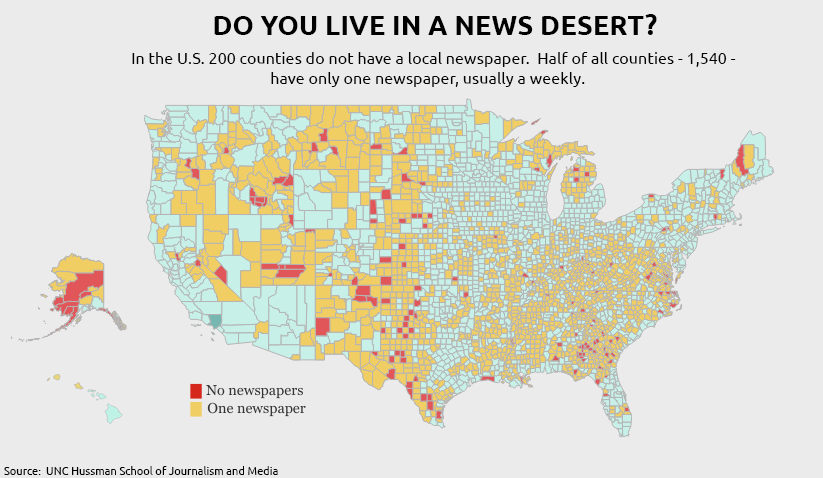
Notice the yellows and reds? Yellow places have just one newspaper. Reds have none. And this map is from 2020. Things have only gotten more red and yellow since then.
In some places, public broadcasting is the only game in town if you're looking for local news. They are especially crucial in rural regions that are reeling from a disaster, like in western North Carolina, where locals relied on public radio dispatches to learn about the latest weather conditions and emergency aid after Helene.
Without public broadcasts, more parts of the US, and especially the South, will become dependent on national broadcasts, social media and YouTube, partisan politicians, and memes for their information.
The cuts to public broadcasting are now headed to the US House of Representatives. For more info on the bill, check it out here.

